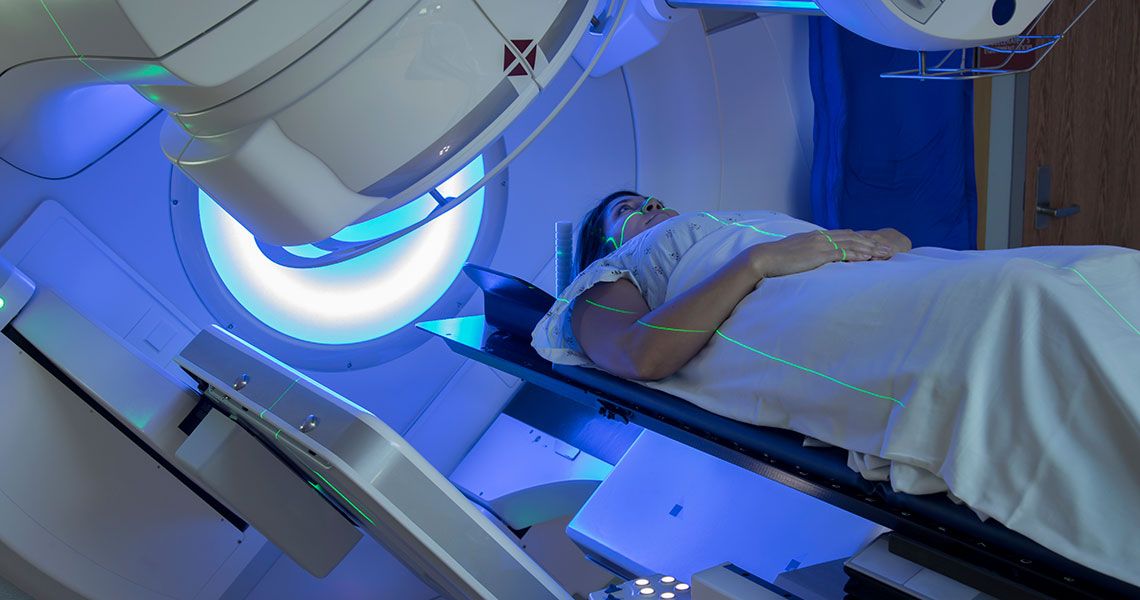Radiation Oncology

Services We Offer & Conditions We Treat:
-
Brain tumors
-
Breast cancer
-
Gynecologic cancer
-
Head and neck cancer
-
Lung cancer
-
Prostate cancer
-
Pelvic malignancies
The GW Medical Faculty Associates’ Radiation Oncology is world-renowned for offering the highest level of radiation delivery and care to patients, while advancing treatments for future patients. Using state-of-the-art technologies, GW radiation oncologists deliver powerful doses of radiation directly to the tumor with exquisite precision. The approaches we use reduce the number of sessions required for radiation treatment in comparison with more conventional approaches, while also limiting side effects.
Our radiation oncologists are committed to the practice of evidence-based medicine and continually find new and better treatment options that improve patient outcomes in the treatment of cancer. Our team works to offer the highest level of safety during every step of treatment. We collaborate closely with highly trained medical physicists in sub-specialized teams to create an individualized radiation treatment plan for every patient. Radiation therapists are present during each radiation procedure to ensure the correct dose of radiation is being delivered precisely where it’s needed.
The clinical department provides patients a wide range of radiation oncology services that includes intensity modulated radiation therapy (IMRT), image guided radiation therapy (IGRT) and 3D conformal radiation therapy (3DCRT), stereotactic radiosurgery (SRS), stereotactic body radiation therapy (SBRT), and brachytherapy (interstitial, intracavitary, HDR and LDR). Our goal is to deliver high quality medical care and services to patients, to conduct clinical, translational, and basic scientific research, and to provide educational opportunities to patients, health care workers, and the community.
Our dedicated, supportive staff will make you feel comfortable while you receive the personalized, world-class medical care you expect from The GW Medical Faculty Associates and George Washington University Hospital.

